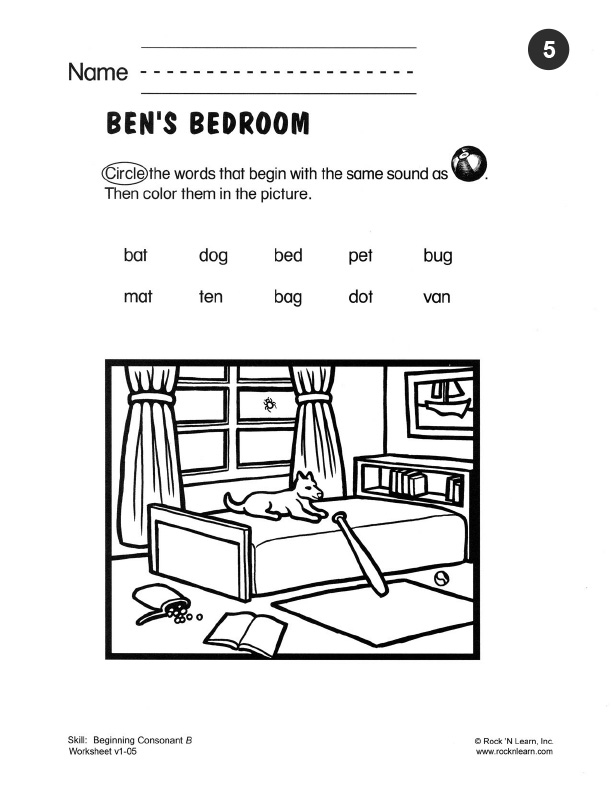Phonics is a method of teaching reading and writing by correlating sounds with symbols in an alphabetic writing system. Phonics worksheets are essential tools used by teachers and parents to help children develop their phonemic awareness and literacy skills.
These worksheets typically involve activities such as matching letters to sounds, identifying beginning and ending sounds in words, and blending sounds together to form words. They are designed to be engaging and interactive, making learning phonics fun and effective for young learners.
Benefits of Phonics Worksheets
1. Building Phonemic Awareness: Phonics worksheets help children develop their ability to hear, identify, and manipulate individual sounds in words. This foundational skill is crucial for learning to read and spell words accurately.
2. Improving Reading and Writing Skills: By practicing phonics through worksheets, children can enhance their decoding and encoding skills, enabling them to read and write with greater fluency and accuracy.
3. Enhancing Vocabulary: Phonics worksheets often include activities that introduce new words and vocabulary. This helps children expand their language skills and comprehension, leading to improved communication abilities.
4. Fostering Independence: Phonics worksheets provide children with opportunities to work independently on phonics tasks, allowing them to practice and reinforce their skills at their own pace.
5. Encouraging Confidence: As children progress through phonics worksheets and see their skills improving, they gain confidence in their reading and writing abilities. This confidence can motivate them to continue learning and exploring new words and concepts.
In conclusion, phonics worksheets are valuable resources for teaching children the fundamentals of reading and writing. By engaging in phonics activities through worksheets, children can develop essential literacy skills, expand their vocabulary, and build confidence in their abilities. Whether used in the classroom or at home, phonics worksheets play a crucial role in helping children become proficient readers and writers.
